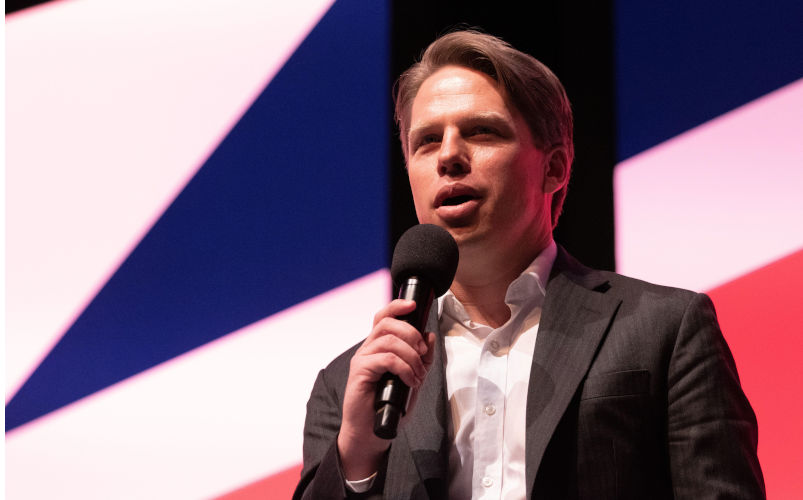From campaign genius to nation-builder? Paul Erickson and Labor’s long game
May 23, 2025
Paul Erickson is a name rarely heard outside political circles, yet his influence runs deep.
As National Secretary of the Australian Labor Party, he has quietly engineered two successive federal election victories and built a model of message discipline, strategic clarity and electoral caution that has returned Labor to majority government in an age of volatility.
But now, with the Coalition broken and the Albanese Government entering its second term, Labor faces a deeper question: can the very approach that delivered office evolve into one that transforms the nation?
Erickson’s tactical genius is beyond dispute. The risk now is that it becomes a ceiling rather than a platform – sufficient to manage the present, but not to build the future. A third and fourth term for Labor won’t be won by replaying the last campaign. That would depend on whether Erickson and Labor can do something harder: deliver on the current mandate while laying the political, narrative and institutional groundwork for more transformative change across every domain – economic, social, ecological and global.
Delivering now, building for what comes next
Labor’s second term must be more than competent. It must be catalytic.
The social base that returned Labor to power is broad but brittle. The electorate has given Labor a mandate to govern – now it needs a reason to believe that government can deliver more than modest adjustments. That means deepening ambition in four areas:
1. Broaden the policy horizon. From housing and tax to climate and care, Labor must move from market-sensitive reform to public-good expansion. That includes a national housing plan with public and co-operative options, a sovereign green industrial strategy, serious tax reform to address wealth inequality and stronger steps toward universal access in education and health.
2. Expand the narrative. Labor’s current story — moderation with competence — is wearing thin. It must now speak more confidently about a better Australia: one that is fairer, more sustainable, and more secure, not in military terms, but through economic self-reliance and social cohesion. The electorate is not allergic to ambition. It is allergic to spin. Erickson’s communications machine must now learn to inspire as well as reassure.
3. Build new coalitions. A third and fourth term will require more than party loyalty. Labor must reconnect deeply with the trade union movement, First Nations leaders, the community sector and progressive business. Future electoral support will come from creating a broad democratic alliance, not just managing swing seats.
4. Reimagine Australia’s global role. This means rethinking not only foreign and defence policy, but trade, diplomacy, aid and our position in a shifting global order. Australia should become an independent, Pacific-focused middle power, grounded in diplomacy, sustainability, and economic justice – not merely a subordinate in US-aligned security pacts.
Campaign craft, nation strategy
Erickson’s instincts for campaign discipline are valuable. But what Australia needs now is not just a strategist – it is a political historian of the future.
If Labor is to be more than a competent caretaker of a fraying order, it must tell a long-term story: a narrative that connects the politics of now to a decade-long transformation – culminating in a reimagining of Australia n the years and deades ahead and even through to the tricentenary in 2088.
That will require:
- A post-carbon industrial economy by the early 2030s.
- A universal public service base across housing, care, transport and digital access.
- A transformed tax and ownership system that builds public wealth alongside private enterprise.
- Constitutional reform grounded in Indigenous sovereignty and democratic renewal.
These are not dreams. They are the only way forward for a nation facing polycrises: climate breakdown, declining productivity, housing unaffordability, geopolitical realignment and deepening inequality.
A test of strategy and imagination
Erickson has helped Labor win government. The next task is to help it win history. That means moving from reactive centrism to structural purpose; from electoral maintenance to democratic transformation.
If he succeeds, he will be remembered not merely as the man who won elections, but as the strategist who helped remake Australia’s political possibilities.
That would be genius.
The views expressed in this article may or may not reflect those of Pearls and Irritations.

